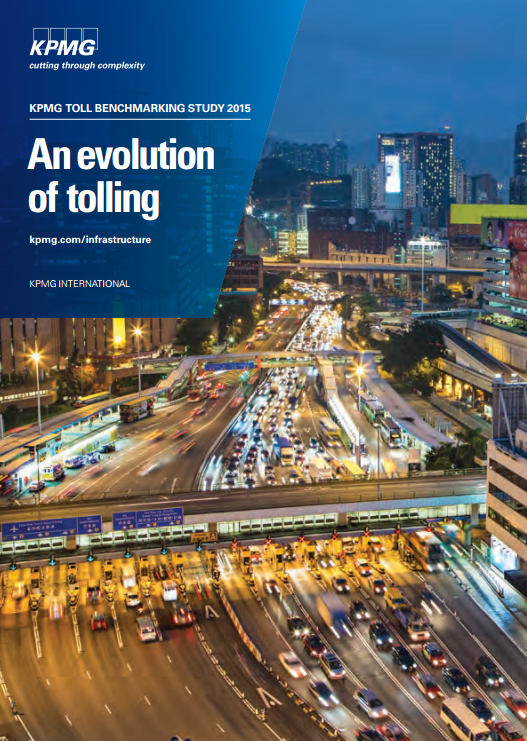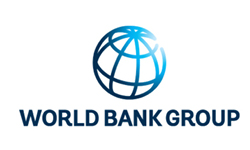Publications
Filter by
317 results found

The efficiency of toll roads is important. Not just for tolling operators, but also for governments, investors and the driving public.



The Port Reform Toolkit is aimed to provide policymakers and practitioners with effective decision support in undertaking sustainable and well-considered reforms of public institutions that provide, direct, and regulate port services in developing countries.



The core principle behind the PPP is the creation of a contractual bubble – a framework of contracts.



This forum is a unique platform to catalyze partnerships that can rapidly bring to scale green growth opportunities bringing together governments from developed, developing and emerging economies along with the private sector.



Thanks to the Internet of Things (IoT), physical assets are turning into participants in real-time global digital markets.



This tool presented here in an Excel format was designed to evaluate the fulfillment of good corporate governance practices in primarily state owned water and sanitation companies in the region.


The Toolkit is a reference guide for public authorities in developing countries for the development of PPP programs in the highways sector, particularly in assisting in PPP policy development, project preparation and the sourcing and more.


This book proposes a synthesis of several of the works carried out for the research program, as well as a comparison with other works treating a similar problem.


The OECD Recommendation on Public Integrity provides policy makers with a vision for a public integrity strategy.


The purpose of the present publication, “Towards better infrastructure products: a survey of investor’s perceptions and expectations of infrastructure investment”, is to conduct the first in-depth study of the perceived role by infrastructure assets for investors.



The Reference Guide attempts to provide the most relevant examples, references and resources to help readers inform themselves on key PPP topics.



Overall, the study has taken a broad approach to defining OA - going well beyond the minimalist notion of simply guaranteeing legal access to the grid for generators and wholesale buyers.



This publication consists of analysis on the relationship between GDP growth and traffic growth and converting emerging market growth into investment opportunities.


This publication draws on the Private Sector Participation (PSP) experience of four emerging economies Brazil, Peru, the Philippines, and Turkey based on in-depth case studies by Energy Sector Management Assistance Program (ESMAP).

BCG has identified a series of best practices that underlie successful PPPs.


This PPP checklist is an extension of the initial framework.



The Framework provides systematic structure for proactively disclosing information pertaining to PPP Projects.



This report addresses the critical question: how can the public and private sectors build successful partnerships?



A G20 report prepared by the Global Infrastructure Hub reviewing the extent to which Multilateral Development Banks (MDBs) create incentives within their organisations to crowd-in private finance to fund public infrastructure.


This policy brief outlines promising ideas to attract instiutional investors to pay for infrastructure they have not convinced pension funds or affluent individuals to invest, especially in emerging economies with untested issuers, The “tax-kicker” bond being proposed here could solve this issue.



